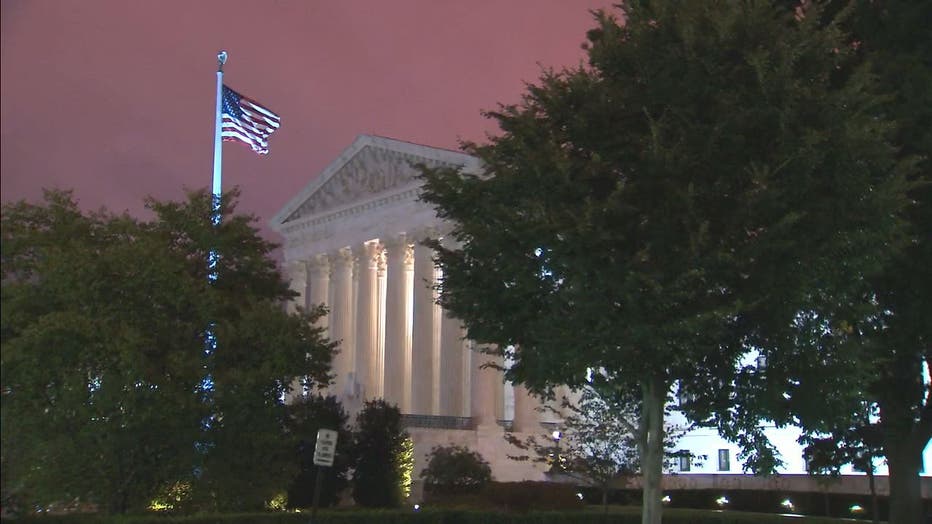Supreme Court tosses out Michigan gerrymandering challenge
The Supreme Court has tossed out a challenge to Michigan's legislative map that had ordered boundaries to be redrawn.
On Monday, the high court vacated the case that alleged Republicans had drawn district maps considered to be politically advantageous to their party during elections and were unconstitutional, arguing such cases didn't fall under the authority of the court system.
While the decision is a setback for voting groups that accused the GOP of partisan gerrymandering, it's not a surprising decision considering the Supreme Court issued a similar ruling in June.
The root of the challenge stems from Republican's redrawing of political boundaries in 2010. Democrats argued those maps unfairly benefitted Republican candidates running for state and congressional office. In April, a panel of three federal judges initially ruled in favor of the League of Women Voters and other groups, stating those district lines were unconstitutional. They ordered the state legislature to redraw boundaries for nine congressional districts and 25 state districts.
However, in June the Supreme Court ruled on a case assessing the legality of districts in North Carolina and Maryland - deciding the redrawing of districts considered partisan didn't fall under the jurisdiction of the federal court system, arguing they were "political questions beyond the reach of the federal courts."
That decision put Michigan's three-judge decision on hold, before scrapping it entirely.

The Supreme Court in Washington, D.C.
Michigan has become ground-zero in the fight over how states should determine district boundaries moving forward. In the 2018 midterm elections, Michigan voters approved a ballot measure that would create a panel of 13 voters who would draw those lines after every census.

